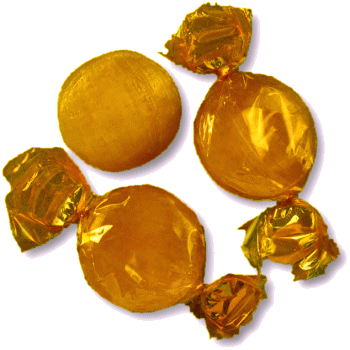




WELCOME TO An Entertainment Site for Scottish Country Dancers - Enjoy the curated selection of theme-related dances for celebrations and holidays, or find a dance associated with a special calendar day, or EVEN your own birthday!
The Whiskey Still at Lochgilphead, Sir David Wilkie, 1819
Moonshine Day
Jun 6
Other Scottish Country Dances for this Day
Today's Musings, History & Folklore
"The whisky still, a lurking place,
A hidden spot in Scotland's face,
Where nature's secrets come to light,
And moonshine gleams in silent night.
Through mist and peat, the secret's kept,
The smuggler's path, in silence stepped,
A tale of risk, of art, of skill,
The legacy of the whisky still.
~ The Whisky Still, Annabel Innes
Beginning with a set and cross (reminiscent of the "X's" on jugs of moonshine), this ode to untaxed liquor will have you reeling! Whether you call it shine, rotgut, white lightning, firewater, skullpop, mountain dew, white whisky (or in Scotland, "peatreek"), the catchall term for illegally made liquor, "moonshine" has been around since the 15th century. “Moonshine” (unaged spirits illicitly distilled “by the light of the moon”) is thought to be inspired by “moonrakers,” a name for apocryphal brandy smugglers who raked up hidden kegs from ponds. When caught, they pretended to be fools attempting to rake cheese from the reflection of the moon. Unlike traditional whiskies, which must be made from grain, distilled and bottled at a certain alcohol content, moonshine has no equivalent standards and can be made from anything fermentable: fruit, sugar, grain, or milk, with no upper limit on its un-aged alcohol content! The "XXX" on a jug of moonshine means three times through the still, almost pure alcohol! Beware the excise men, dancers! 🥃 🥃 🥃 ✖️ ✖️ ✖️ 🌔
Moonshine
The word "moonshine" is believed to be derived from the term "moonrakers," early English smugglers who distilled untaxed spirits by night to avoid discovery.
Moonshine refers to any untaxed liquor. Over time it has also been known as Mountain Dew, White Lightning, Rotgut, Skullpop, and Firewater, with every country having its own special term, such as Scotland, where it is sometimes referred to as "peatreek."
Ulster-Scots brought their recipes with them to the American colonies, and their "white whisky", which was not aged, became the traditional method of distilling spirits in the Appalachian Mountains. Stills had been commonplace on Scottish farms since the mid-1500s, usually little more than barrel-size (or smaller) enclosed copper pots with a metal pipe that emerged from the top and coiled down to a receptacle that caught the condensed spirit. The “XXX” seen in illustrations of barrels and jugs signifies how many times a moonshine batch has been run through the still.
Two of the more popular American spirits during the first century and a half of colonization were peach brandy and applejack (a brandy distilled from cider).
The still popular Laird’s Applejack traces its roots to highlander William Laird who settled in Monmouth County, New Jersey, in 1698 and set about applying his knowledge of distillation to apples rather than barley malt.
As settlers moved west, rye and corn became the preferred grains for the production of American moonshine.
Moonshiners have a long history of flouting authority and avoiding the excise men. Since the Revolutionary War, distilled spirits have been taxed at a higher rate, incensing the corn growers who used excess grain for distillation as whisky was also easier to transport. In 1791, George Washington approved an excise tax on liquor, just four years after Britain had introduced a similar prohibitive tax on Highland stills in Scotland. This was the first tax on a domestic product under the newly formed government leading to the violent Whiskey rebellion of 1794.
For more on alleged Scots origins of Appalachian cultural terms such as "hillbilly," "redneck" and "cracker", click the photo of The Moonshiner's Daughter, c. 1900-1910, from the Library of Congress. Or, read here.
Click the dance cribs or description below to link to a printable version of the dance!



